
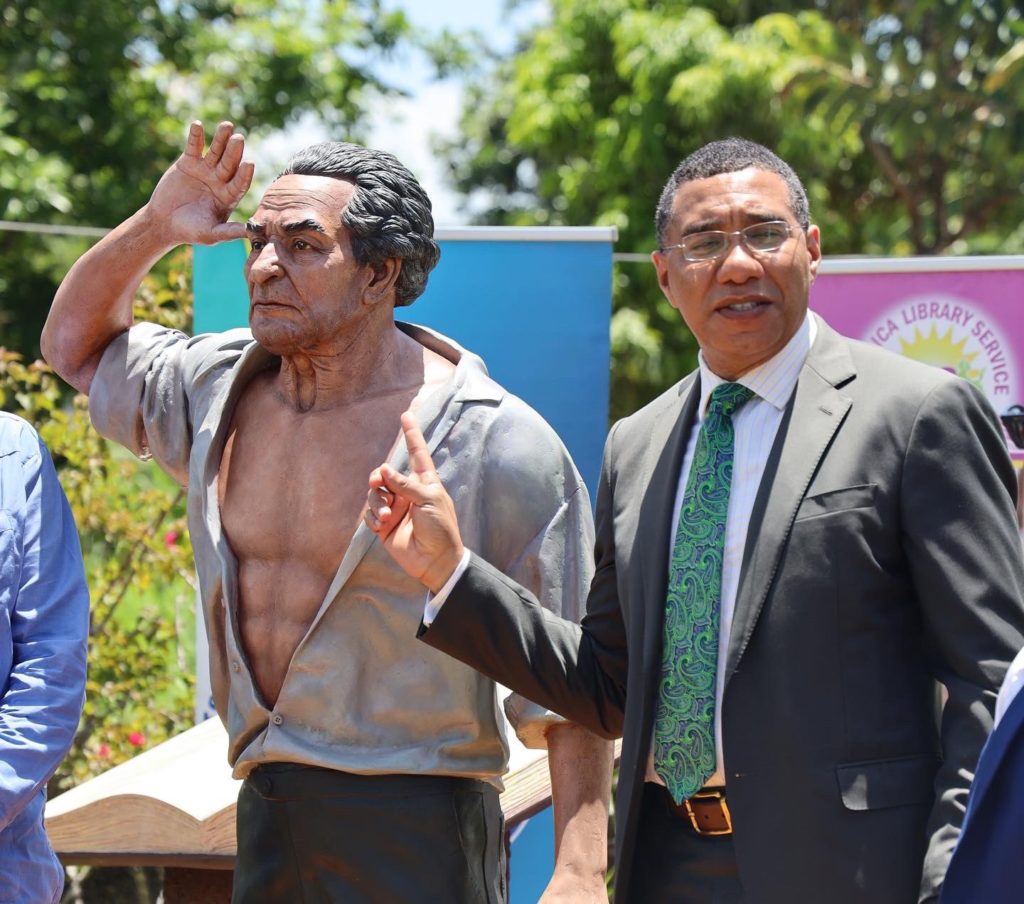
With the unveiling of the official statue of National Hero Sir Alexander Bustamante on Friday (August 12), Prime Minister has declared that such monuments should be viewed and treated with respect as important reminders of the nation’s history.
The statue, which cost $3 million to build, is erected in Lucea, Hanover at the Hanover Parish Library.
Holness, while attending the unveiling, said a quick look back at pre-independent Jamaica would show that there have been many sacrifices by individuals in the process of nation building and that monuments, some in the form of statues, are being erected in recognition of those efforts.

“There is a sense in Jamaica , and I have been observing conversations, that if you spend resources on improving infrastructure such as building a new monument… like improving a civic building… building a new parliament for example… there is a sense that it is a waste of money… that we shouldn’t do that as there are other [important] things that the money could be used to do,” the prime minister noted.
He added: “And I am certain that all of you here and those listening on social media would agree that there are other things that that $3 million could be used to do.”
Though acknowledging that some would question the value of erecting a historically significant monument when juxtaposed against other important matters, such as sending 300 children back to school of fixing potholes, the prime minister said there needs to be a greater understanding in the public discourse about what the symbols of “our civil bureaucracy” and “our civil administration… and what the monuments of our history mean”.
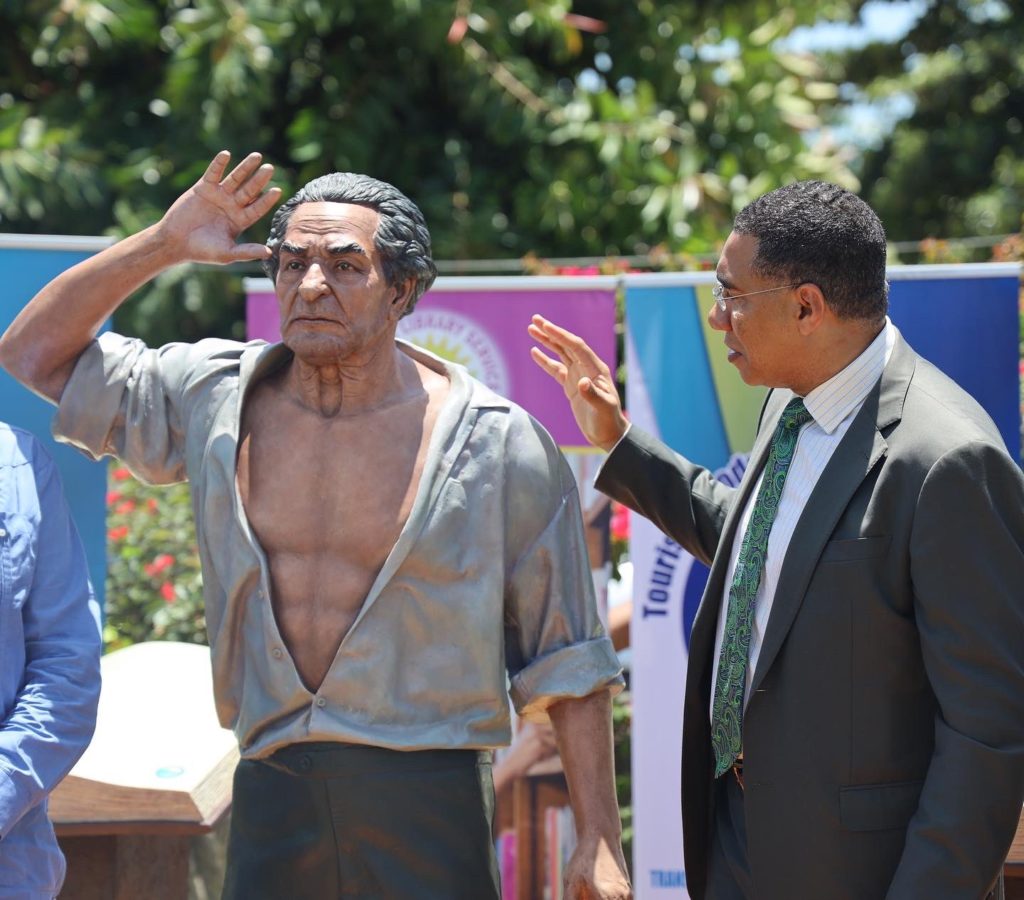
Holness said he was of the view that there is a disconnect between the populace and “these very important institutions”, and that that disconnect leads to the devaluation of them.
“The irony of course is that the more we devalue our history…the more we devalue monuments…. our civil bureaucracy and our administration…the less likely that they will perform to the standards that we would want them to,” the prime minister added.
In the meantime, Holness, in emphasising the legacy of Sir Alexander, said the nation, must think of the struggles and hardships the country overcame in the past and draw strength and inspiration to overcome today’s difficulties as “we partner” for a better Jamaica for each one of its citizens.
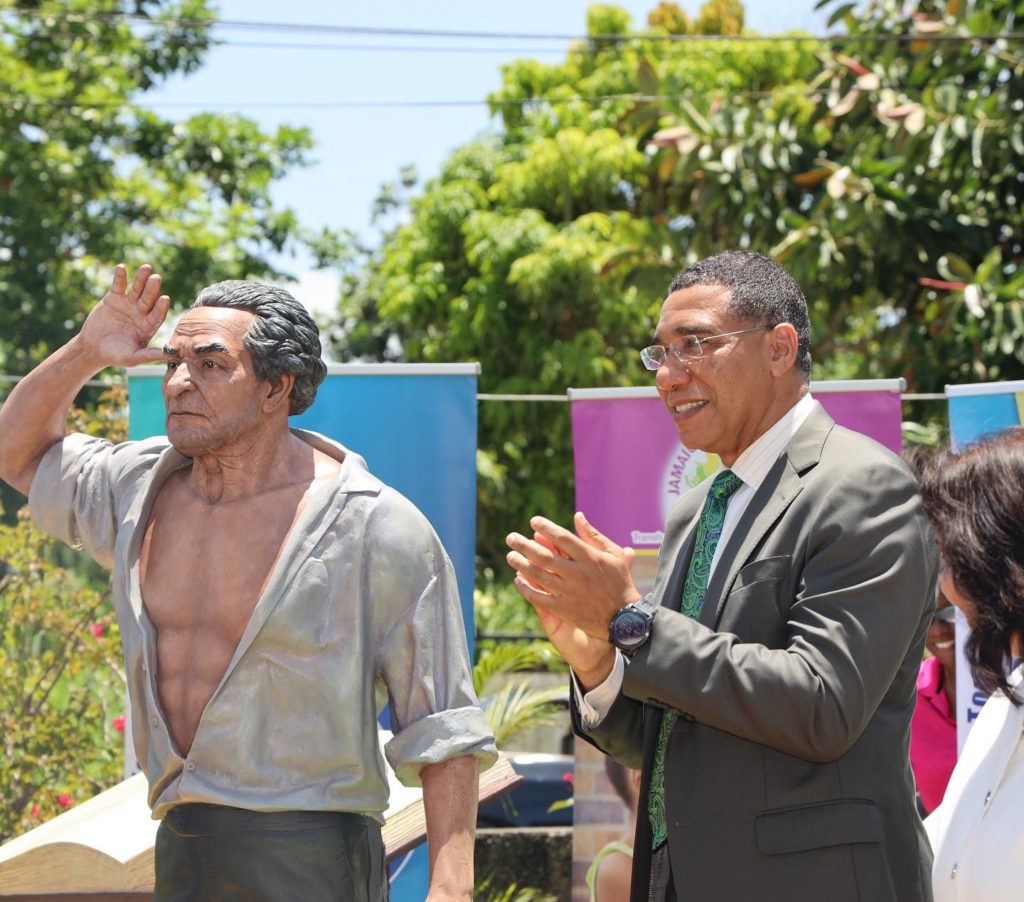
Sir Alexander was born in the parish of Hanover on February 24, 1884. From the early 1900s he began agitating for better pay and working conditions for those on the plantations. On September 8, 1940, he was detained at Up Park Camp for allegedly violating the Defence of the Realm Act and spent the next 17 months there.
He continued his advocacy on his release, and, in 1943, founded the Jamaica Labour Party (JLP), of which Holness is not leader.
Universal Adult Suffrage was granted in 1944, and, in the first general election under that system, the JLP won 22 of 32 seats. Sir Alexander later became the first prime minister of independent Jamaica in 1962.
He retired from active politics in 1967 and, in October 1969, was conferred with the order of National Hero. Sir Alexander died on August 6, 1977, the island’s 15th anniversary of Independence.

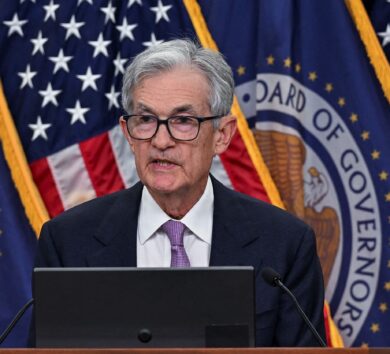

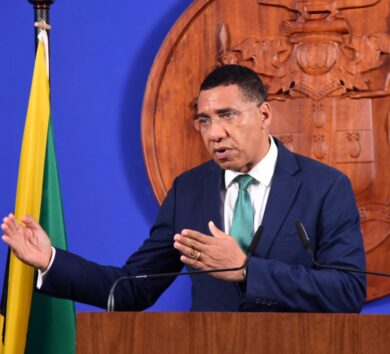
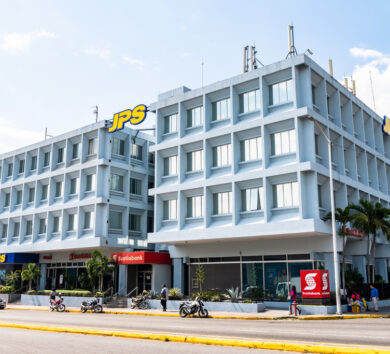
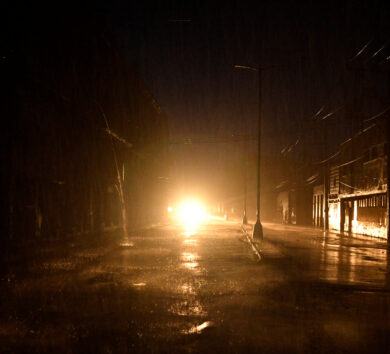
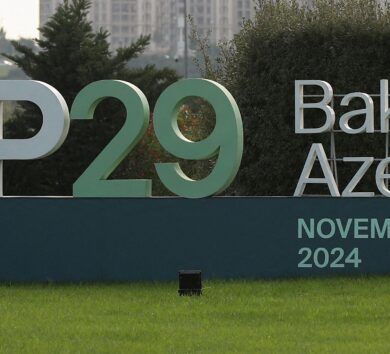
Comments